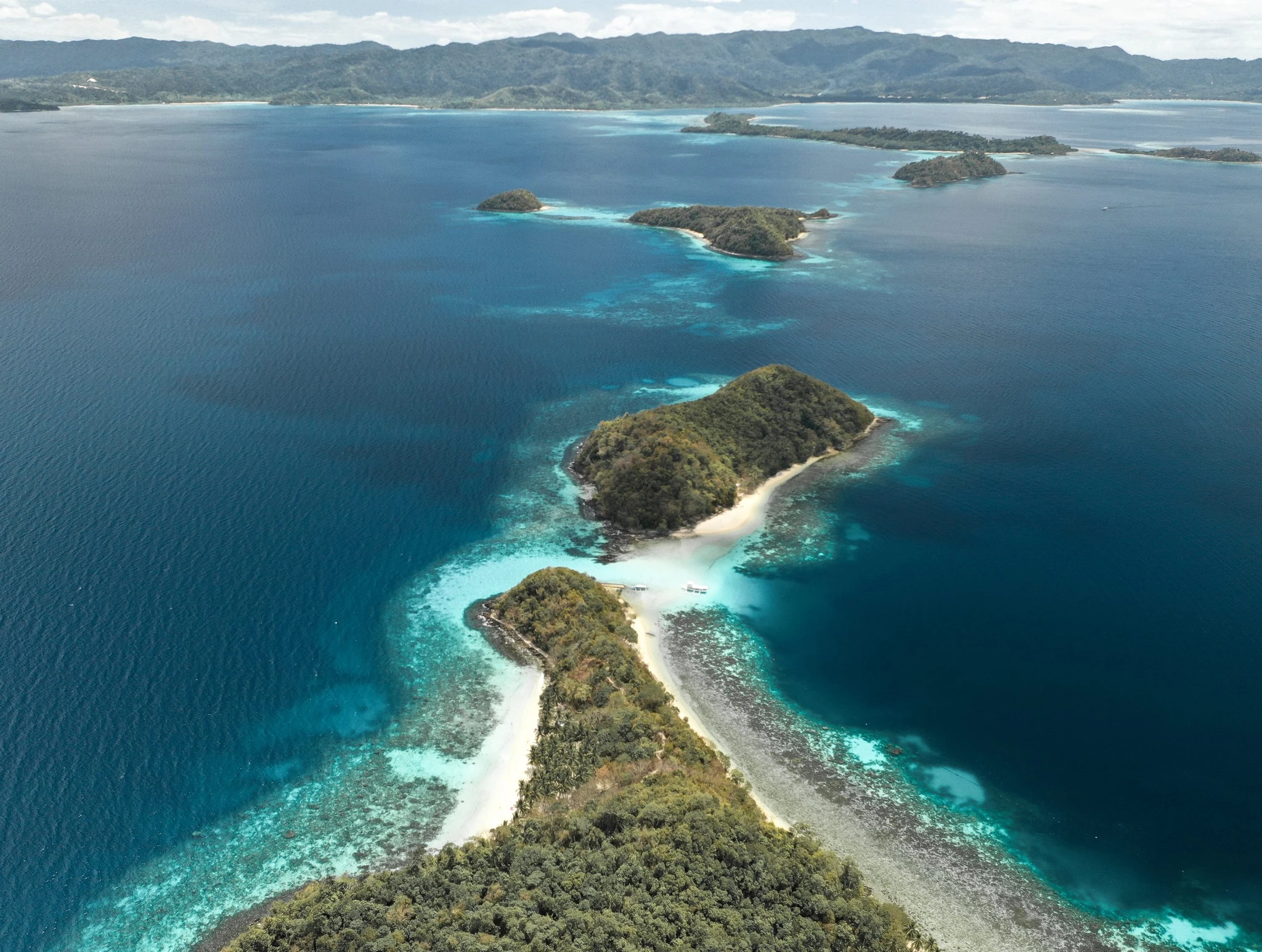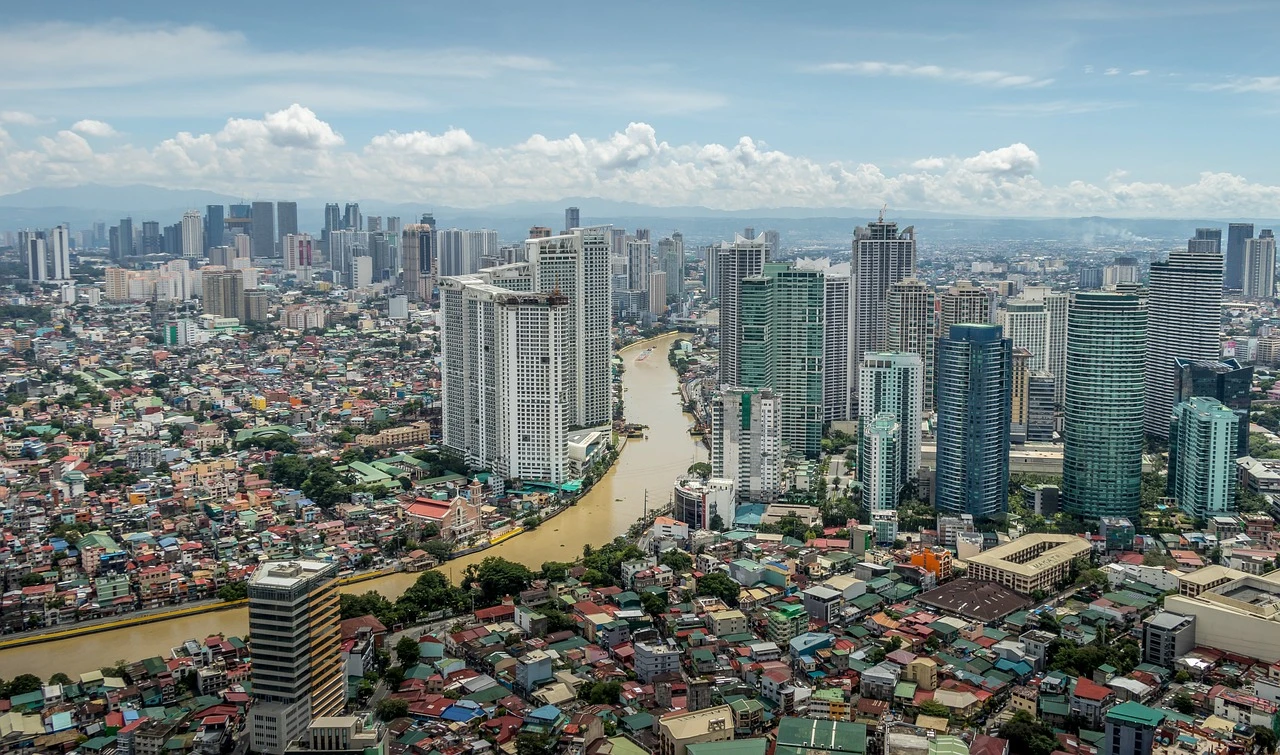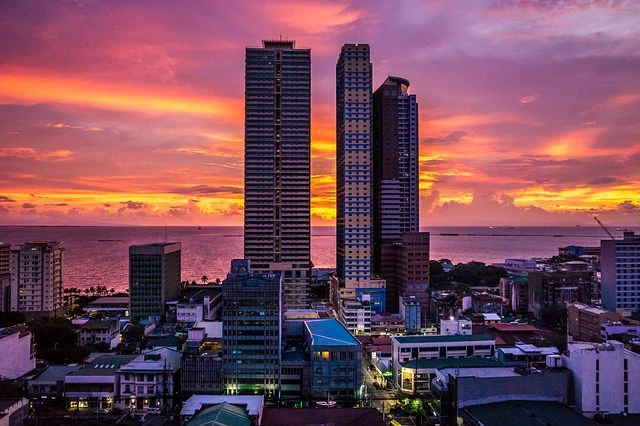Road to ICE 2024: New Asian casino markets continue to emerge

With Covid-19 now firmly in the rearview mirror, 2023 has seen Southeast Asia representing a serious surge. This is especially the case against the established heavyweight, Macau.
We have covered this extensively on iGB this year; Southeast Asia is expected to drive Asian gaming growth for the foreseeable future.
The region undoubtedly holds all the aces. It offers a combination of fast-growing economies, top-class gaming resorts and irresistible tourist destinations worthy of any Instagram post.
Economic growth is one of the key drivers for this post-COVID surge. The Association of Southeast Asian Nations (ASEAN) bloc is expected to overtake Japan within the next 10 years.
The demographics show why this is the case. In total, Brunei, Cambodia, Indonesia, Laos, Malaysia, Myanmar, Philippines, Singapore, Thailand and Vietnam – with a population topping 660 million, currently boasts collective GDP in excess of US$3.3tn (£2.7tn/€3.1tn). That’s the fifth largest in the world, just behind India and 50% greater than Canada or Brazil.
The bloc’s economies grew 5.2% last year and are projected to expand 4.7% this year and 5% in 2024. This is according to ASEAN’s annual report issued in July, which show exciting numbers.
Philippines leading the charge for Asia casino
The Philippines archipelago is a standout example and continuing to lead the charge. Last year Bloomberry added Solaire North in Quezon City, which is to be followed by a resort to the south in Cavite, close to Metro Manila.
NuStar in Cebu City, anchoring the nation’s second largest metro area, opened lodging and gaming last year with two more hotels in the works alongside luxury retail and MICE facilities.
Clark, a weekend getaway destination two hours’ drive north of Manila with its own international airport, has six new or newly improved casinos.
Hann Resorts created the area’s first integrated resort in 2021 from its long running Widus casino and has multibillion-dollar expansion designs including top-end hotels, golf courses and luxury homes. Rival D’Heights combines residences and hotels and plans to add more of each.
The Beijing factor with casino
However, when it comes to the Philipines and Philippine offshore gaming operators (POGOs), China looms as the black swan.
Both countries remain at odds over POGOs. The then-president, Rodrigo Duterte, rejected a direct appeal to shut down POGOs from China’s president Xi Jinping in 2019. Continuing offshore betting now threatens the return of the Chinese tourists who accounted for 21% of Philippine pre-pandemic arrivals.
Duterte’s successor, Ferdinand Marcos, is as of yet, still undecided about POGOs. This is despite serial senate hearings highlight the sector’s harmful impacts, including money laundering.
Hearings in January showed POGOs fall far short of government revenue projections. In total, they produced around US$6.25m monthly last year, compared with projections of more than US$50m. The sector has shrunk to less than half its peak size, posting an estimated $1.8 billion in GGR last year.
Amid a proposed ban on POGOs, supported by a growing public chorus and Beijing’s persistent pressure, Marcos should consider two fundamental facts about Philippine offshore gaming. Even with the best of intentions and technology, preventing betting from China is hard for operators. Even harder, accepting betting from China.
Preventing offshore betting remains a keystone of President Xi Jinping’s campaign against gambling and illegal capital flight. To comply, industry observers suggest the Philippines could require POGOs to block access from China to their websites.



